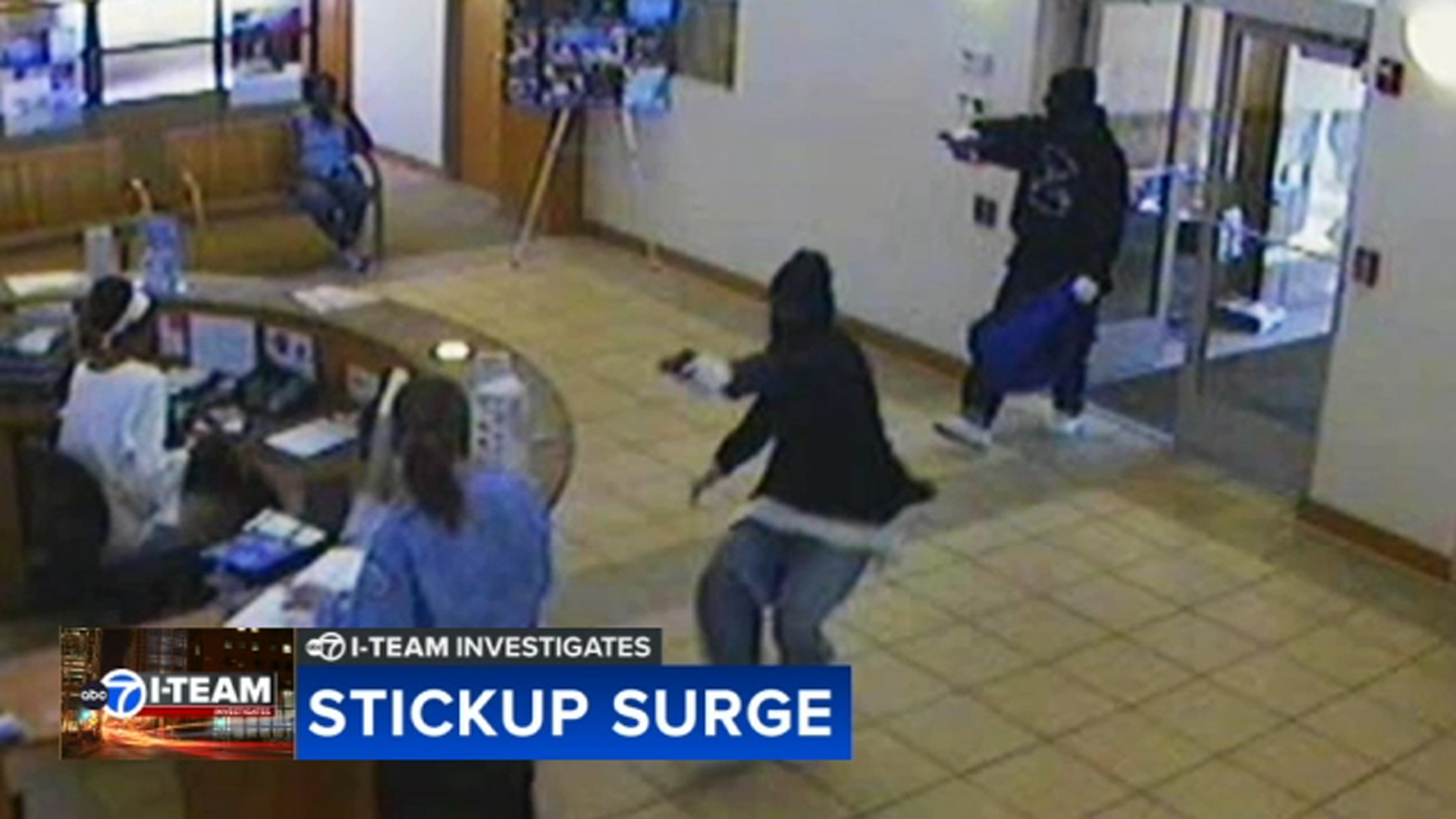Concert venue owners unite to fight for future of independent music in Chicago after COVID-19

CHICAGO (WLS) -- As the coronavirus outbreak grew into a pandemic in mid-March, concerts were among the first events to be cancelled and performance venues were the first businesses to be closed.
"The state of the independent venue after this crisis is over is very precarious, to say the least," said Bruce Finkelman of 16 on Center, a conglomerate that includes 14 bars, restaurants and music halls.
The Chicago Independent Venue League, or CIVL, was founded to help independent venues remain competitive against corporations like Live Nation that were entering the Chicago music scene.
In the context of COVID-19, CIVL has gained a new purpose.
The venue owners that make up CIVL are in survival mode, becoming a political voice to support their out-of-work staff and ensure their own long-term viability.
"Independently, we're just a bunch of small, little guys. But united, we employ thousands of people across the city and generate millions of dollars in tax revenues," said Tim Tuten, co-owner of The Hideout and co-founder of CIVL.
CIVL currently has 23 members in the city. And Robert Gomez, who owns Beat Kitchen and Subterranean, invited all independent concert venues to join them.
Gomez isn't sure if his own venues will survive this crisis, and for now is just looking for ways to keep staff employed.
"We were the first to shut down, and we will be the last to recover, public places of assembly" Gomez said.
"And it's not like they're going to lift the gates and say, 'Hey, you're free to go.'"
The Hideout was the first independent concert venue to launch a GoFundMe campaign, which exceeded its initial goal of $25,000. Other CIVL members followed with their own campaigns soon after, crowdfunding for their staff and rent.
As the number of crowdfunding campaigns grew - not just for venues, but also for restaurants and bars - several Chicagoans created centralized lists for all the campaigns.
One website, Chicago Service Relief, includes links to over 500 fundraisers and connects you to a spreadsheet that tracks how close each fundraiser is to its goal.
Kelly O'Connell updates that spreadsheet manually, twice per day to keep its information as current as possible.
"These places don't need huge donations, a few small donations make a world of difference," O'Connell wrote in an email to ABC7.
"If we can get people to throw literally a couple bucks at a place they love, that sparks the biggest help."
Organizations that reach and surpass their goal are highlighted in green. Those that are over 50 percent are orange. The vast majority, however, are different shades of red to mark less than 50 percent raised toward their goal.
"There's a visceral reaction to seeing a bar or restaurant that you love in a dark red color and wanting to get them out of that 'risk zone,'" O'Connell wrote.
Although many of the fundraisers have been successful, the venue owners say it is up to the federal government to ensure that small businesses get the help they need from the $2 trillion bailout that passed last week.
Tuten said that the application process needs to be simple for small business owners, and that it should be available in the form of grants, not loans.
"The best thing about Chicago is not these flashy, brand-new, multi-million-dollar megaplexes. It's the local neighborhood bar. It's the independent venue," Tuten said.




